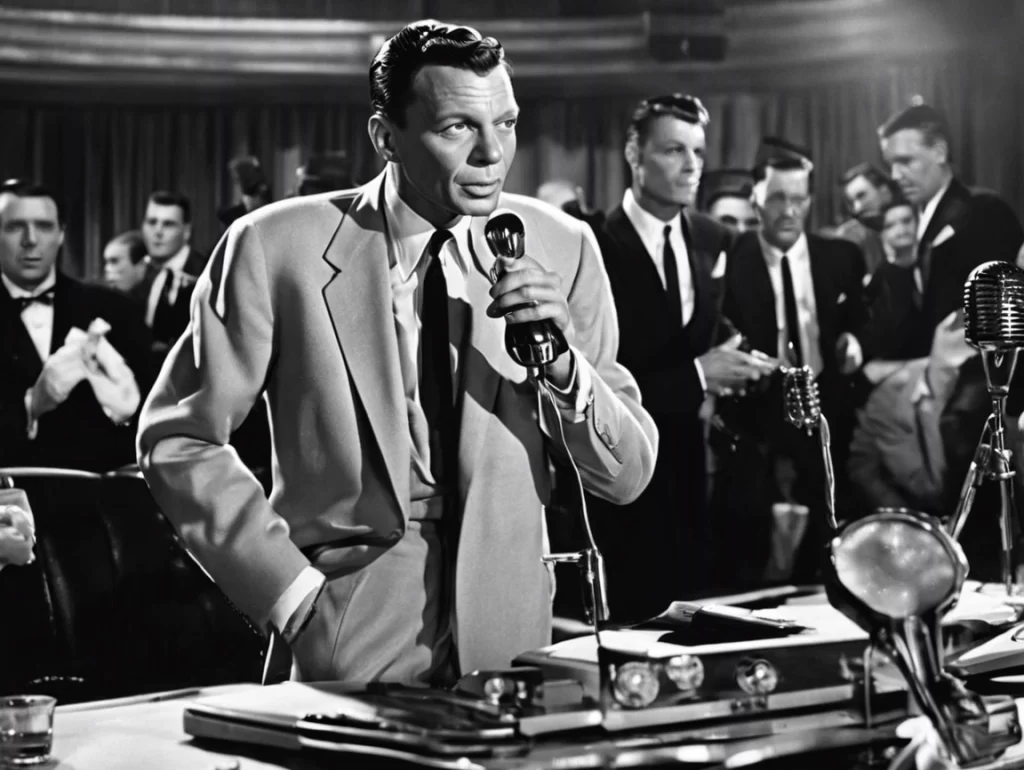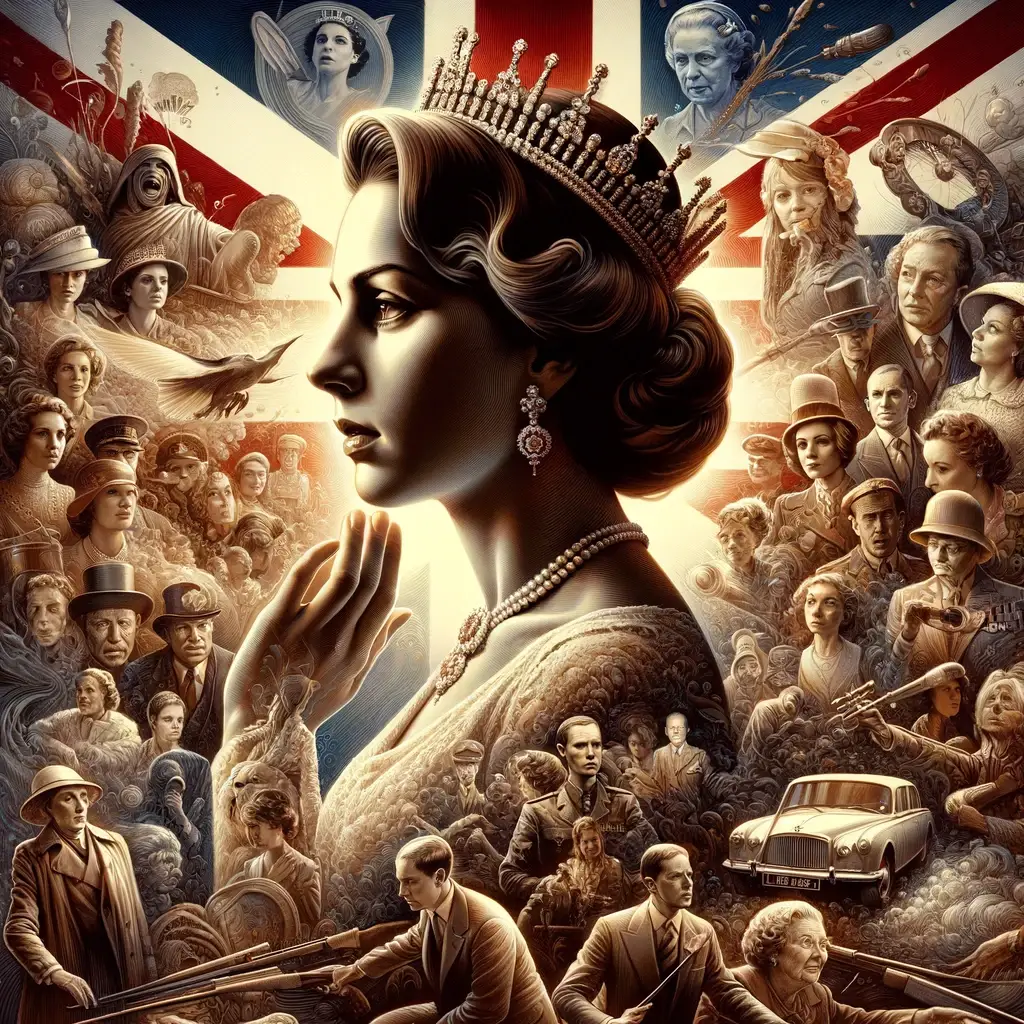Introduction
Frank Sinatra, one of the 20th century’s most iconic entertainers, lived a life marked by fame, talent, and whispers of intrigue. Throughout his career, rumors of his association with the mob followed him, painting a portrait of Sinatra as a man both charmed and haunted by his connections to organized crime. While Sinatra himself consistently denied any formal ties to the Mafia, his friendships with mob figures and the content of his FBI files suggest a complex and layered narrative.
Early Life and New Jersey Roots
Sinatra’s early life in Hoboken, New Jersey, exposed him to individuals connected to organized crime, an experience that may have shaped his later associations. Growing up in a tough neighborhood, Sinatra’s rise to fame carried him beyond his origins but maintained the connections forged in his youth. These roots contributed to his friendships with influential and sometimes infamous personalities.
The Rat Pack and Mob Connections
Sinatra’s involvement with the Rat Pack—a group of entertainers known for their wild lifestyle and immense influence—brought him into closer proximity with figures from the organized crime world. The Rat Pack included entertainers such as Dean Martin and Sammy Davis Jr., who mingled with individuals rumored to have mob ties. Sinatra’s bond with Sam Giancana, a Chicago mob boss, became one of the most notorious relationships of his life. The friendship even reportedly connected him to John F. Kennedy, who was believed to have benefitted from Sinatra’s ties to Giancana during the 1960 presidential campaigntchful Eye The FBI closely monitored Sinatra throughout his career, collecting files that chronicled his interactions with mob-linked figures. Despite the Bureau’s extensive investigations, no direct involvement in criminal activities was ever proven against Sinatra. However, the existence of his FBI files fueled public speculation and added an aura of mystery to his legacy. In one notable incident, Sinatra attended the wedding of Angelo Bruno, a Philadelphia mob boss, drawing the attention of federal agents and further embedding him in the public’s imagination as a man with connections to organized crime .
Sinatra’s Legacy
Despite the rumors and FBI attention, Sinatra never faced charges for mob involvement. He maintained his innocence and repeatedly denied any affiliation with organized crime. Instead, Sinatra’s associations likely represented the blurred lines of influence, fame, and power in the entertainment industry. His friendships with mob figures, while indisputable, did not necessarily reflect criminal participation but rather his immersion in a world where fame intersected with infamy.
Conclusion
Frank Sinatra’s legacy is one of artistic triumph mixed with intrigue. His association with the mob continues to fascinate, providing a window into an era of American history where the boundaries between Hollywood glamour and underworld connections were often indistinct. While Sinatra’s friendships with mobsters were real, his involvement was more reflective of his surroundings than his character. His life remains a testament to the complexities of fame and the shadows it can cast on those who live within its glow.



